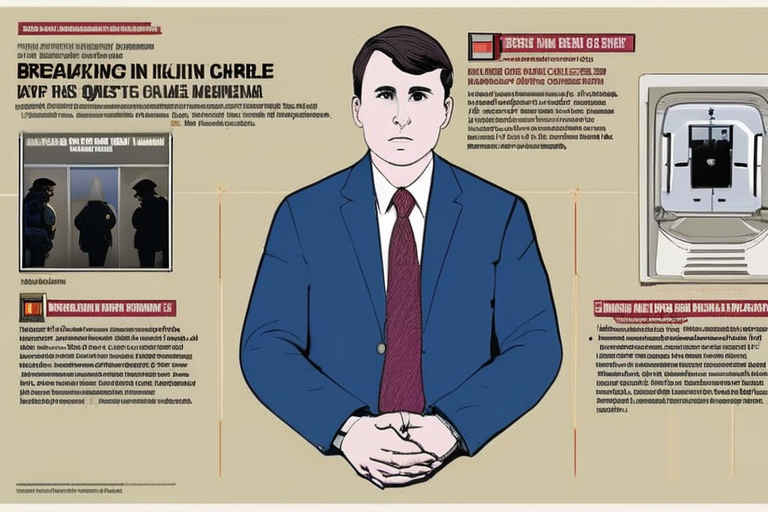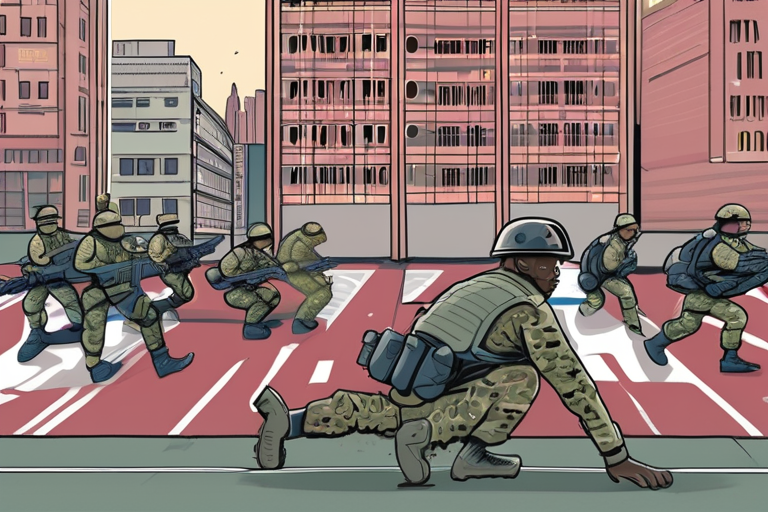Trump Unveils Plan to Strip Palestinians of Sovereignty Over Their Future


Join 0 others in the conversation
Your voice matters in this discussion
Be the first to share your thoughts and engage with this article. Your perspective matters!
Discover articles from our community

 Hoppi
Hoppi

 Hoppi
Hoppi

 Hoppi
Hoppi

 Hoppi
Hoppi

 Hoppi
Hoppi

 Hoppi
Hoppi

How oil has brought Russia, China and India closerOsmond ChiaBusiness reporter, BBC News, SingaporeReutersBefore Tianjin, the three leaders previously met …

Hoppi

Lincoln Center's Collider Fellows Explore How Tech Can Transform Performing Arts The Lincoln Center for the Performing Arts has announced …

Hoppi

Oasis Vibes in Your Tri-State Area: Five Best Moments From Sentimental First MetLife Stadium Show EAST RUTHERFORD, N.J. - Oasis …

Hoppi

The Emmys are Coming! Get Ready for TV's Biggest Night As the curtains draw open on the Peacock Theatre in …

Hoppi

BREAKING: Suspect in Charlie Kirk Killing Arrested After Elusive Manhunt A suspect, identified as Tyler Robinson of Utah, has been …

Hoppi

Trump's National Guard Deployments: A Global Perspective The Trump administration has deployed or threatened to deploy National Guard troops in …

Hoppi